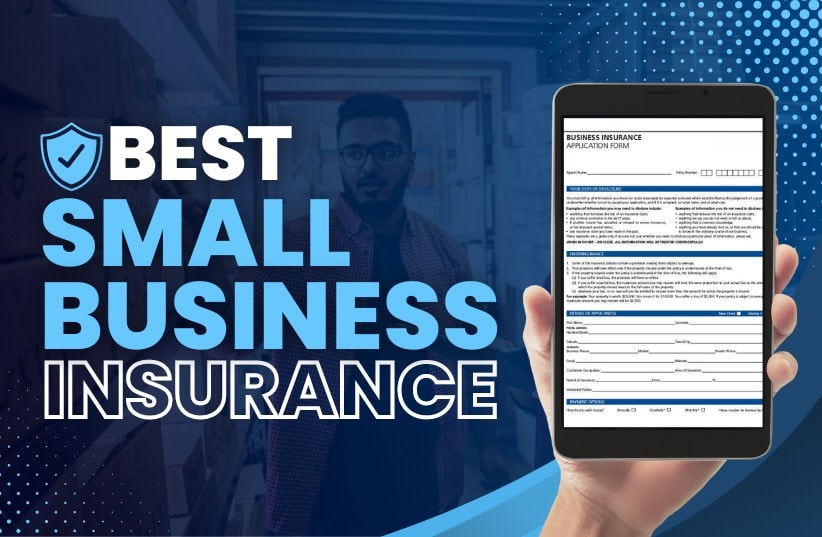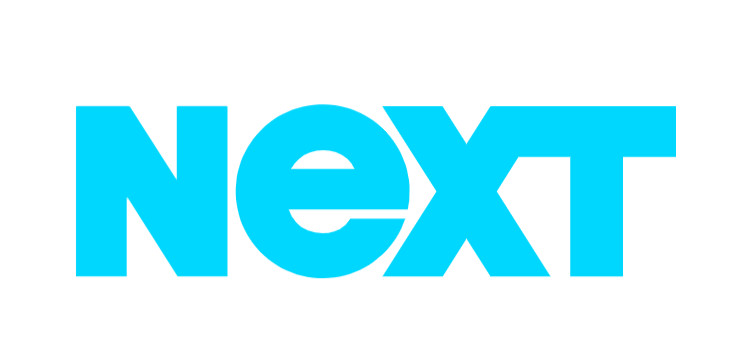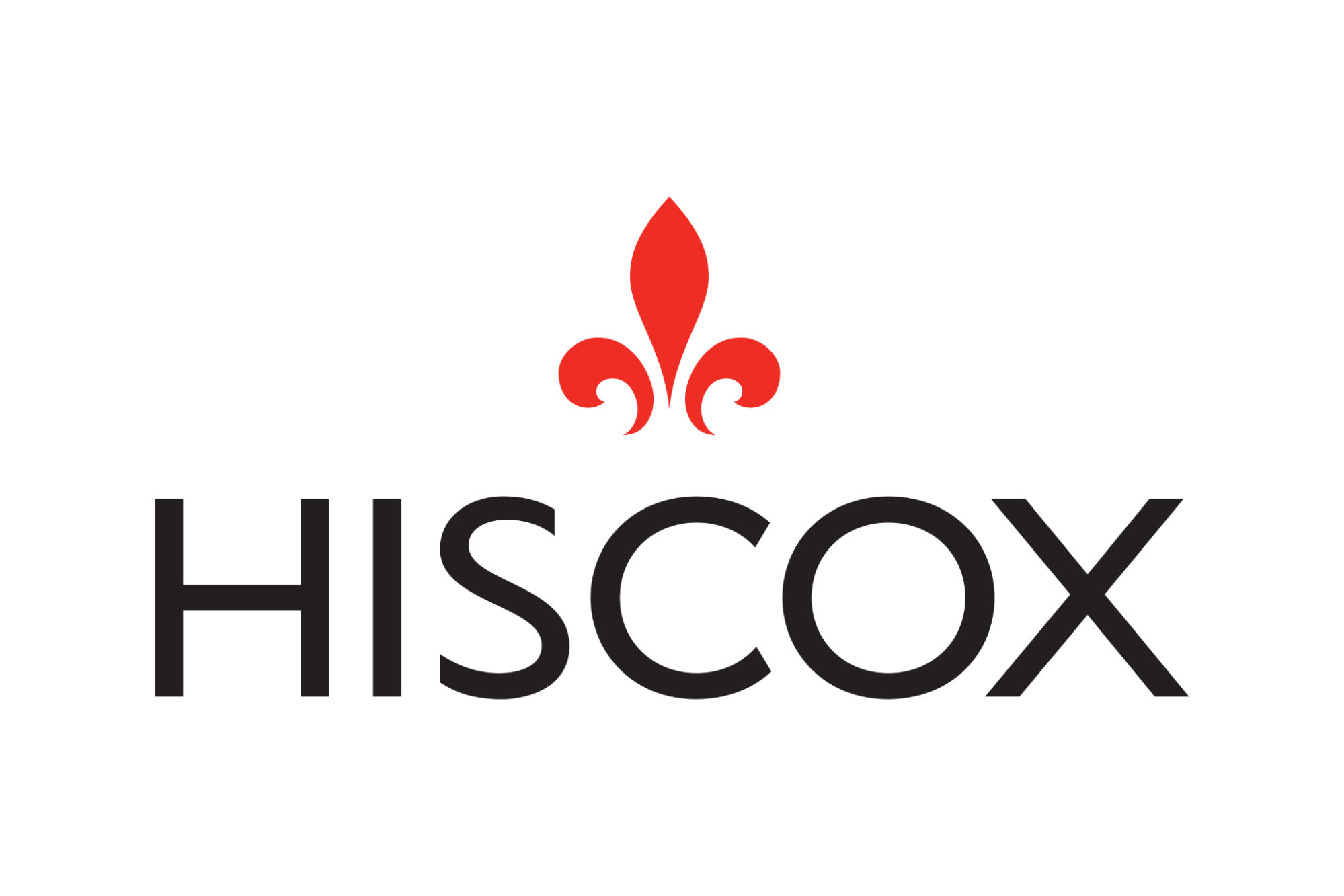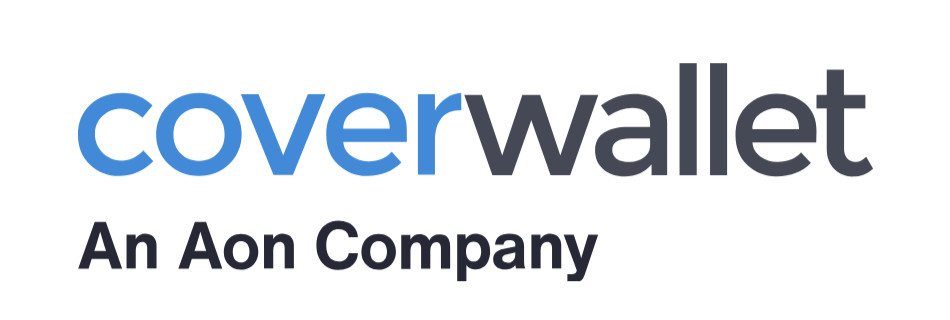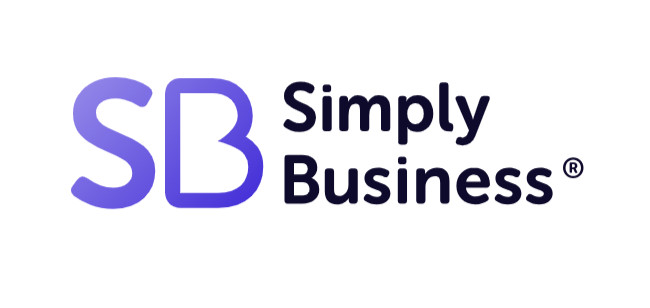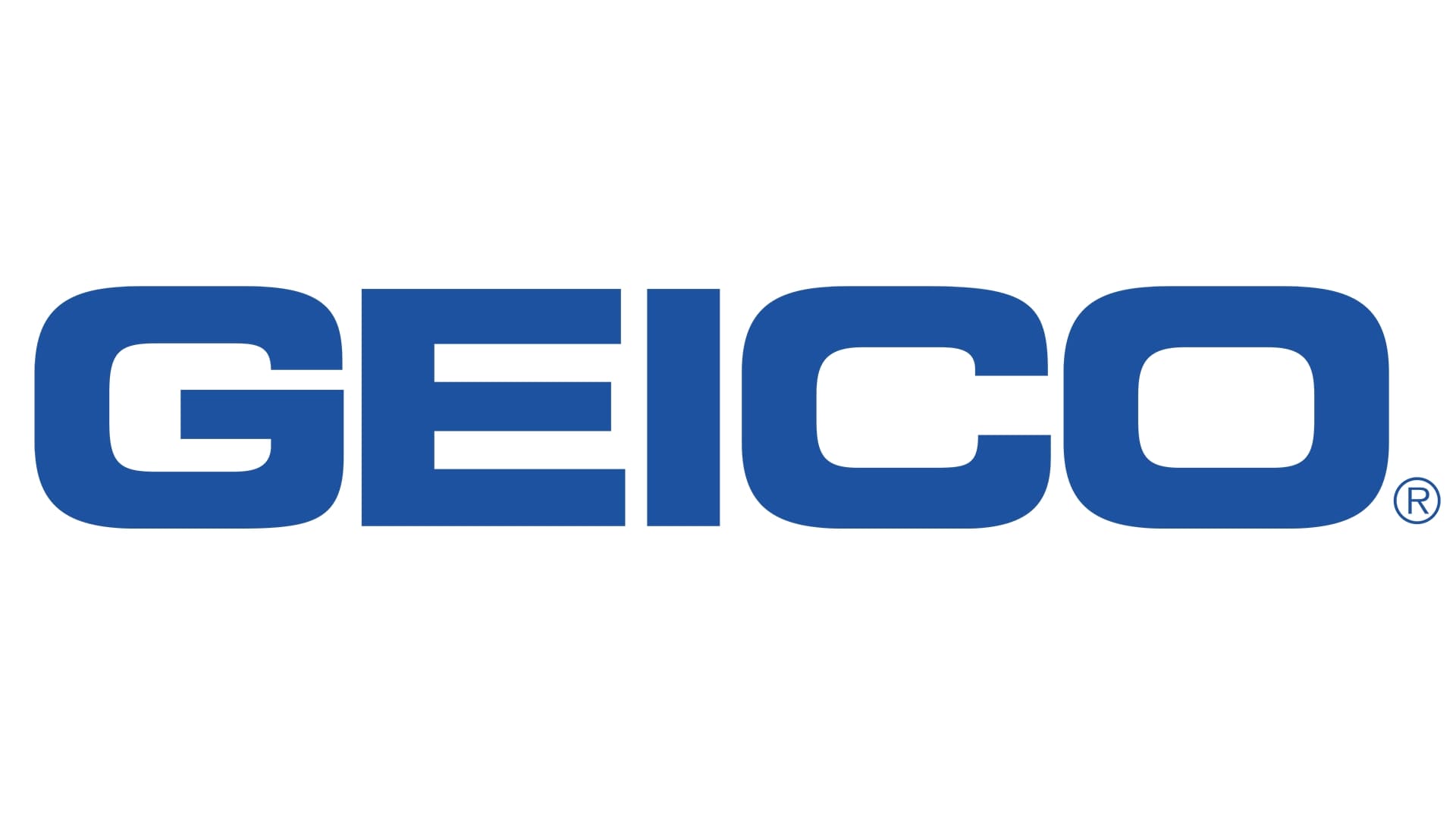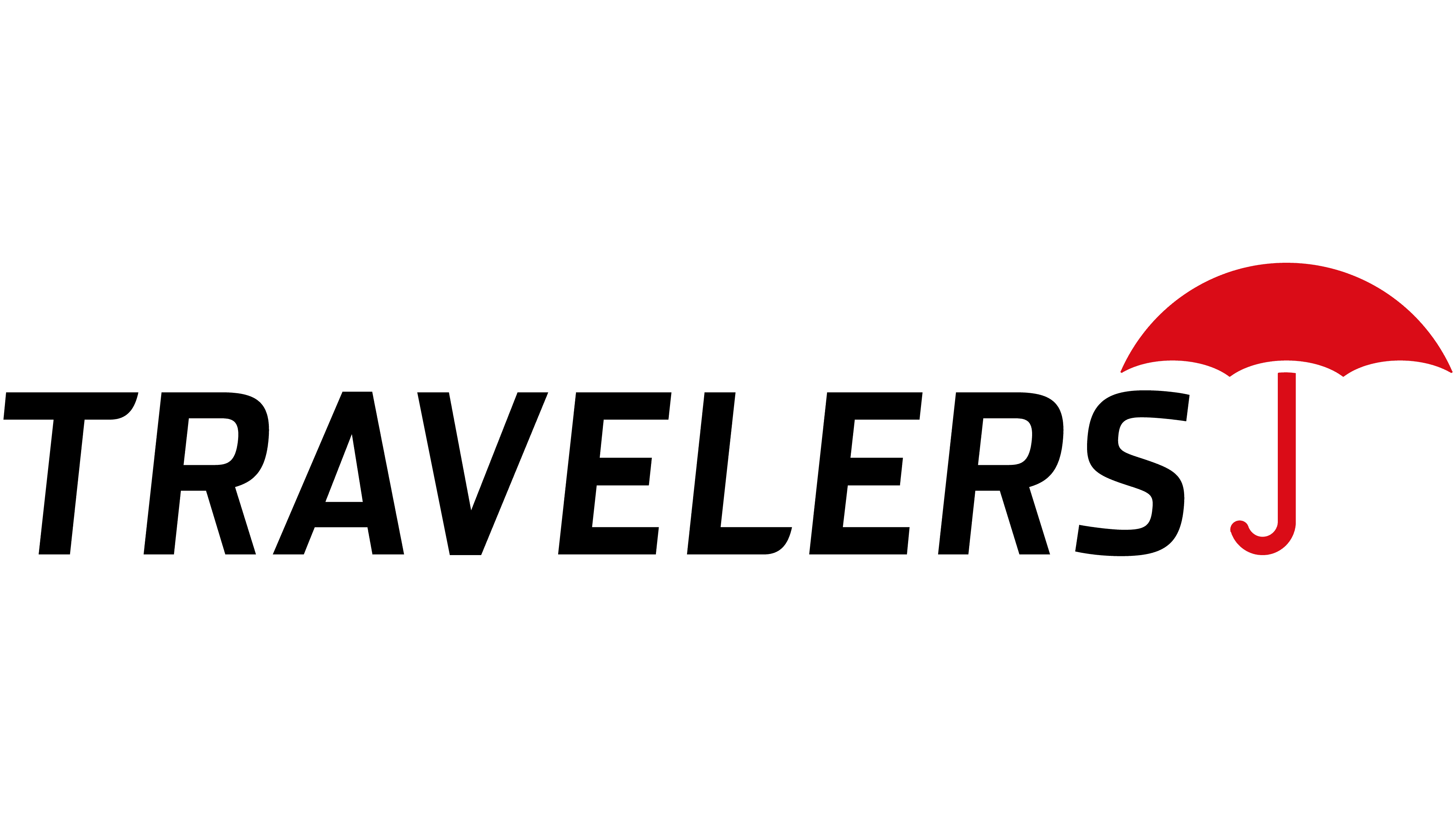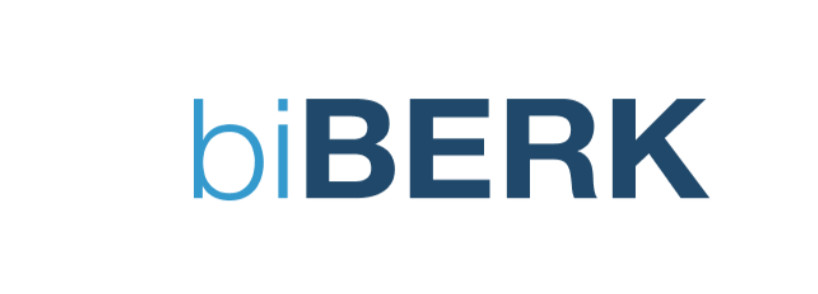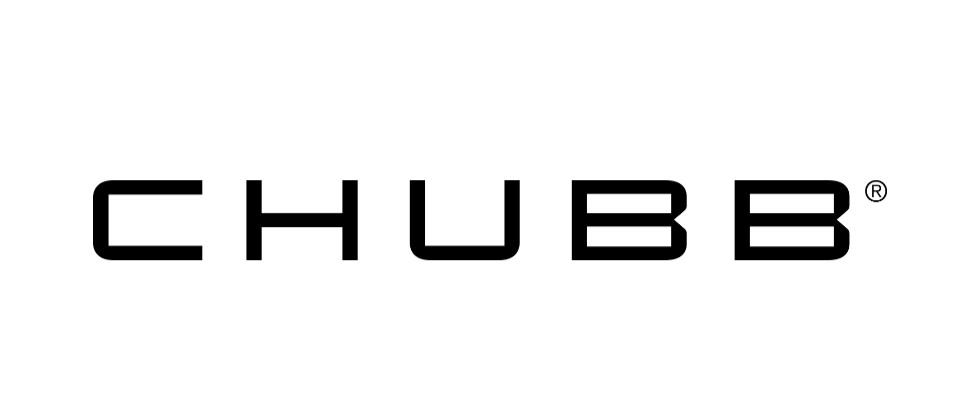Businesses, particularly those offering services, face risks of lawsuits for insurance claims, damages, or accidents occurring during their services. That's where general liability insurance steps in. It helps businesses cover these claims without requiring owners to use private funds.
General liability insurance is available to businesses of all sizes, but the cost varies. It depends on the extent of liability protection needed, the nature and scope of the company, and other factors.
Small business insurance can protect owners from unexpected incidents, such as a fire destroying inventory, an employee getting injured on the job, or a client slipping and falling while visiting the office. Below is our rating of the best small business insurance companies.
>> Secure Your Future, & Get Covered With Next! >>
11 Best Small Business Insurance Companies
- Next – Overall Best General Liability Insurance
- Hiscox – Best for Premium Deductibles rate
- CoverWallet – Best for Ease of Use
- Simply Business Insurance – Best Insurance for Comparing Quotes
- Progressive Business Insurance – Best Insurance with Mobile App Services
- The Hartford Business Insurance – Best for Comprehensive Coverage
- Acuity – Best for Customer Support
- Geico – Best Insurance with Mobile App Services
- Travelers – Best for Exclusive Insurance Offers
- biBERK – Best for Premium Discount Offers
- Chubb – Best for Competitive Rates
Next – Overall Best General Liability Insurance
NEXT's general liability insurance premium provides affordable and efficient solutions for damage claims. Typically, the insurance adjuster evaluates the damages and makes a decision within two days of the complaint being filed.
Pricing
NEXT offers up to a 25% discount on premium costs, allowing small businesses to start with as little as $11 for general liability insurance. Businesses operating for many years may spend up to $100 on premiums. Purchasing Business Owner Policies (BOPs) can attract a 10% discount and provide more coverage.
Coverage Limit
NEXT insurance offers coverage limits of up to $1 million for each injury or damage, with a $2 million aggregate for small-sized businesses. You can get quotes for premiums and coverage limits using NEXT’s mobile app, which allows for convenient monthly payments.
Deductibles
With NEXT general liability insurance, deductibles are not required before injury or damage claims are resolved. However, if damages result from negligence, the business must pay specific deductibles as indicated in the policy.
Exclusions
NEXT general liability insurance only covers events listed in the policy. Exclusions include injuries or damages resulting from misconduct, negligence, use of watercraft or aircraft, and war-related activities, which must be covered with private finances.
>> Get Covered Today With Next Insurance >>
Hiscox – Best for Premium Deductibles Rate
Hiscox stands out for its competitive pricing and comprehensive coverage, making it one of the best business options. Here’s a closer look at what they offer:
Hiscox provides affordable premiums that fit your budget, allowing you to allocate resources while obtaining necessary coverage wisely. Their general liability insurance policies cover bodily injury, property damage, and personal injury claims.
Understanding the fast-paced nature of modern business, Hiscox offers a quick and easy online quote process. You can obtain a quote within minutes and purchase your policy directly from their website, saving time and effort.
Pricing
Hiscox's pricing strategy is based on risk assessment, claims history, market conditions, and desired profit margins. They offer competitive prices while ensuring profitability and sustainability. They provide fair and balanced pricing to their customers by analyzing data and market dynamics. Their prices start as low as $22.50 per month.
Coverage Limit
Hiscox offers coverage limits ranging from $500,000 to $2 million, allowing you to choose a limit that fits your business needs and budget. They also provide additional coverage options, such as professional and cyber liability insurance, helping protect your business from various risks.
Deductibles
Hiscox provides deductible options ranging from $0 to $100,000, enabling policyholders to customize their coverage. This flexibility allows businesses to manage costs effectively while maintaining adequate protection. You can select the deductible limit based on your specific needs, ensuring the policy aligns with your risk tolerance.
Exclusions
Some important exclusions are in Hiscox policies. For instance, intentional acts or damages resulting from dishonesty may not be covered.
Claims related to your professional services may require a separate professional liability policy, as they might not be covered under a general liability policy. Reviewing the exclusions in any insurance policy to understand what is and isn’t covered is crucial.
>> Secure Your Business With Hiscox >>
CoverWallet – Best for Ease of Use
CoverWallet offers a variety of insurance packages, including general liability insurance, workers’ compensation, and business owner’s policies. Free quotes are sent directly to your business inbox. Their general liability insurance covers third-party injury and property damage claims.
Even if small businesses still decide what insurance packages to purchase, CoverWallet quickly provides reliable, expert advice to help them choose the best course of action.
Pricing
CoverWallet offers competitive pricing to prevent small businesses from using personal funds. They start at $39 per month, though prices may vary based on the business’s needs. Small businesses can apply for a quote through Cover Wallet’s online platform or contact customer support to find a suitable solution.
Coverage Limit
CoverWallet provides different coverage limits based on business size and risk level. Coverage limits typically range from $1 million to $2 million for small businesses.
Higher-risk businesses or those needing more coverage must pay higher subscription costs. Consulting with a CoverWallet advisor can help businesses make the right decision and avoid handling claims with personal funds.
Deductibles
Using CoverWallet's general liability insurance requires paying a deductible, generally between $500 and $1000, before CoverWallet handles the claims. Adjusting the deductible amount can influence the monthly insurance premium, allowing businesses to manage costs effectively.
Exclusions
CoverWallet excludes claims from special events, such as non-business parties, due to the higher risk involved. However, businesses can opt for special event insurance to ensure comprehensive protection.
>> Secure Your Business With CoverWallet >>
Simply Business Insurance – Best insurance for Comparing Quotes
Through its general liability insurance, Simply Business covers third-party accidents, property damage, and bodily injury. Established in 2005, Simply Business Insurance is a top online insurance brokerage offering a variety of insurance products for small and medium-sized businesses.
Pricing
Simply Business Insurance offers general liability coverage starting at $21.25 per month. The premium cost is tailored to fit different business needs. Businesses can request a quote for a personalized premium rate based on location, type of work, and staff size.
Coverage Limit
The coverage limit for Simply Business’s general liability insurance is not publicly disclosed. Businesses must visit Simply Business’s website for a detailed quote that fits their specific requirements or speak with their licensed insurance agents.
Deductibles
Details about the deductibles for Simply Business’s general liability insurance are also not publicly available. Deductible information will be included in the personalized quotes based on individual business needs and policies.
Exclusions
Simply Business’s general liability insurance has several exclusions. It does not cover damage to your own property, damage to a customer’s personal property in your care, incidents related to professional services, workers’ compensation or injuries to your employees, damage to your work, auto liability, or any expected or intentional injury or damage.
>> Secure Your Business With Simply Business Insurance >>
Progressive Business Insurance – Best Insurance with Mobile App Services
Progressive Business Insurance operates under The Progressive Corporation, a leading auto insurance group in the US. It provides a range of business insurance options underwritten by affiliated and unaffiliated insurers.
Due to this varied underwriting, claims cannot be filed online. Instead, the process for reporting a claim depends on the insurer underwriting your policy.
Pricing
Progressive Business Insurance offers general liability coverage with a median cost of $53 per month and an average of $72 per month. Actual premiums vary based on the coverage limits and deductibles selected. Higher limits typically lead to higher premiums, but a higher deductible can reduce monthly costs.
Coverage Limit
The coverage limit for general liability insurance claims is $1 million per occurrence. In some states, Progressive Business Insurance offers liability limits of up to $2 million to meet certain businesses' contractual requirements and policies.
Deductibles
During the quote process, businesses can select their deductible amount for Progressive Business Insurance’s general liability insurance.
This amount is tailored to factors specific to the business, such as its profession and employee count, allowing companies to choose a deductible that fits their financial situation and risk tolerance.
Exclusions
Progressive Business Insurance does not provide medical malpractice or farm and ranch insurance. Commercial property coverage is only available under a Business Owner Policy (BOP).
Other exclusions under Progressive’s General Liability Insurance include injuries or property damage incurred by your business, injuries to employees, professional errors, and damages involving commercial vehicles.
>> Consider Progressive Business Insurance >>
The Hartford Business Insurance – Best for Comprehensive Coverage
Hartford is a well-regarded business insurance provider that offers comprehensive coverage tailored to small and large businesses. Its user-friendly online portal allows policyholders to obtain quotes easily, make policy changes, request certificates of insurance, and track claims.
Claims can be filed online even without an account. While small businesses can start the quote process online, completing the application might require help from an agent. Hartford’s website provides various options to get started, including direct contact, filling out a contact form, or connecting with a local independent agent.
Pricing
Small business customers of Hartford pay an average of $67 per month or $805 annually for general liability insurance coverage. For an accurate estimate, you can obtain a quote online directly from Hartford or purchase a policy through an independent insurance agent.
Coverage Limit
Hartford’s general liability insurance offers coverage limits ranging from $300,000 to $2 million. While you can get a quote online, purchasing the policy requires speaking to an agent. To secure the best deal, consider factors such as the likelihood of lawsuits, the value of your business assets, and other relevant considerations.
Deductibles
The specific deductible amount for Hartford’s General Liability Insurance is not publicly disclosed. Details about deductibles and pricing will be included in the quotes provided by the insurance agent.
Exclusions
Hartford’s general liability insurance does not cover business operations or products risks, damages from auto use, employee injuries (covered by workers’ compensation), certain professional errors, damage to business property, professional liability issues, or employment practices liability.
>> Secure Your Business With Hartford >>
Acuity – Best for Customer Support
Acuity Insurance provides small businesses with a team of professional adjusters to handle their insurance claims. Companies can choose from various general liability insurance options covering property damage, bodily injuries, etc.
Claims can cover medical bills and part or all the costs needed for damage repairs. Acuity Insurance is ideal for small businesses due to its flexible premium rates that cater to businesses of all sizes.
Pricing
Acuity offers several premium pricing options for general liability insurance. The business location and specific insurance needs can affect these options. Typically, businesses can expect to spend between $200 and $1000 annually for Acuity’s general liability insurance.
Coverage Limit
To get a detailed quote specific to your business needs, visit Acuity’s website or speak to one of their professionals for expert advice. Coverage for damages and injuries can go up to $1 million per year, with large businesses able to get as much as $50 million in coverage.
Deductibles
Acuity’s premium may require businesses to spend up to $5000 on deductibles, suitable for those with bigger budgets to cover damages during work. Small businesses can expect to spend around $250 on deductibles. For more customized options, expert guidance is available to find a solution that fits within your budget.
Exclusions
Acuity’s general liability insurance has several exclusions. Some damages not covered by the premium include those caused by nuclear, biological, or chemical weapons, pollution, and negligence or omission.
>> Secure Your Business With Acuity >>
Geico – Best Insurance with Mobile App Services
In addition to covering common injury cases, Geico provides protection for small businesses against slander, libel, and other advertising-related harms. Small business owners can use Geico's mobile app to easily manage their accounts, handle payments, and enjoy discounts.
Pricing
Geico tailors the premium cost of its liability insurance to suit different business needs. After requesting a quote, businesses receive a customized premium rate based on location, type of work, and number of employees.
Coverage Limit
Geico offers various coverage limit options for each claim type. Bodily injury claims have a limit of $300,000 per person and $1,000,000 per occurrence. Property damage claims are limited to $500,000, while personal and advertising injuries are covered up to $1,000,000 per occurrence.
Deductibles
Businesses using Geico must pay a minimum deductible of $250 for a low-risk general liability insurance plan. A $500 deductible option is available for those without a tight budget. Businesses with larger budgets can choose higher premiums, with deductibles ranging from $1,000 to $5,000.
Exclusions
Geico’s general liability insurance policy excludes any issues before the insurance setup. Damages caused by premeditated actions are also disregarded. Geico may include specific exclusions based on the policy chosen by the small business.
>> Secure Your Business With Geico >>
Travelers – Best for Exclusive Insurance Offers
Travelers Insurance, originally founded to provide accident protection, has expanded over the years to offer a wide range of products. Their services now include personal, commercial, and professional protection against various damages.
These products cover costs for vehicular repairs, property or home fixture replacement after a fire, medical bills, veterinary bills, and support after the death of a loved one.
Travelers' business product, Commercial General Liability (CGL) insurance, protects businesses from lawsuits filed by customers or individuals with grievances. It covers copyright infringements, slander, and other external claims.
Pricing
To understand the cost of setting up a Travelers Insurance CGL premium, business owners must contact independent agents affiliated with Travelers Insurance. A licensed agent will provide a quote after considering several factors. Obtaining quotes from different agents is recommended to get a fair deal.
Coverage Limit
Businesses can set their coverage limits as needed. Standard limits are $1 million for bodily injury and property damage and an aggregate of $2 million for all claims under the policy. To secure the best deal, consider the likelihood of facing lawsuits, business assets, and other relevant factors.
Deductibles
Information about Travelers Insurance deductibles is private. The insurance agent will provide quotes with details regarding deductibles and pricing.
Exclusions
Travelers Insurance does not cover claims for damages or injuries within the business, such as those involving business owners or employees. Other exclusions include claims for breach of contract, violence, terrorism, and damage to business property.
>> Secure Your Business With Travelers >>
biBERK – Best for Premium Discount Offers
biBERK offers a seamless experience for obtaining quotes and managing policies through its user-friendly online platform. Their coverage options include general liability, property, business interruption, and cyber insurance.
In addition to traditional insurance, biBERK provides valuable resources like risk management tools, online safety training, and expert advice. Their dedication to customer satisfaction and affordable rates make them a trusted partner for small businesses seeking reliable insurance coverage.
Pricing
biBERK’s quote process is quick and straightforward, saving time and effort. Their online platform allows businesses to customize coverage options to meet their needs. biBERK offers competitive rates based on business size, industry, and location. Costs start at $275, with most customers paying less than $1,000.
Businesses can choose payment options that suit their budget, including monthly installments. biBERK also provides a policy management portal to access policy documents and updates easily.
Coverage Limit
biBERK’s coverage limits are designed to provide adequate protection for small businesses while keeping premiums affordable. The coverage limit varies depending on the type of policy and the specific coverage options chosen by the business owner.
For instance, a general liability policy may have a coverage limit of $1 million per occurrence and $2 million aggregate. In contrast, a property insurance policy may have a coverage limit of $500,000 or more.
Deductibles
biBERK allows policyholders to choose deductibles that suit their specific needs and budget. Deductible options are available for both property and general liability coverages. This flexibility helps businesses manage their risk exposure effectively by setting deductibles that align with their risk tolerance.
biBERK’s transparent approach makes it easy for policyholders to understand and select appropriate deductibles. This empowers businesses to customize insurance coverage and make informed decisions to protect their assets.
Exclusions
biBERK policies typically exclude certain risks, such as cyber liability, pollution liability, professional liability, and employment practices liability. As a result, they may not cover damages or losses resulting from these specific areas.
>> Secure Your Business With BiBERK >>
Chubb – Best for Competitive Rates
Chubb offers various insurance policies covering property, casualty, liability, and specialty lines, ensuring comprehensive protection against various risks. Its customizable solutions enable clients to design insurance plans that meet their unique needs.
By providing a diverse portfolio of products, Chubb ensures that customers can find suitable coverage for their homes, automobiles, businesses, and valuable assets.
Chubb leverages data analytics, artificial intelligence, and machine learning to enhance risk assessment, streamline operations, and deliver personalized services. This technological integration helps Chubb stay at the forefront of the industry and consistently meet evolving customer needs.
Pricing
Chubb’s pricing model includes various factors that influence insurance costs. The company assesses the value of the insured property, its location, and associated risk factors to determine premiums.
Industry-specific risks and loss history are also considered, with Chubb’s underwriters evaluating each risk individually. Chubb’s annual cost averages $2,472, aiming to provide competitive rates while ensuring financial stability.
Coverage Limit
Chubb’s coverage limits offer essential features for insurance protection, defining the maximum amount an insurer will pay for a claim. These limits ensure individuals and businesses are adequately protected. Chubb’s coverage limits are designed to be comprehensive, covering property, liability, and other potential risks.
Deductibles
Chubb provides multiple deductible options, allowing you to choose the amount that best suits your needs. Chubb also offers deductible buy-down options, enabling you to lower your deductible by paying an additional premium. You can even reduce or eliminate deductibles in certain circumstances, providing extra protection.
Exclusions
Chubb’s exclusions outline specific risks and perils not covered by the policy. These include intentional acts, war, nuclear events, and natural disasters. Coverage may also be excluded for high-risk activities like professional or extreme sports, and specific property types such as fine art or valuable jewelry.
Chubb’s exclusions often highlight limitations on coverage for certain geographical areas or types of businesses, helping define the scope and limitations of the insurance policy.
>> Secure Your Business With Chubb >>
How I Ranked the Best Business Insurance for Small Businesses
When selecting the most affordable general liability insurance for your small business, you must consider various factors to ensure you get the best coverage at a reasonable price. Here are some steps to help you find cost-effective general liability insurance:
Assess Your Business Needs
Identify the specific risks and liabilities related to your business. This will help you determine the coverage limits and types of insurance you need. Consider the nature of your business, the size of your company, and the industry you operate in.
Shop Around and Compare Quotes
Get multiple quotes from different insurance providers to compare their offerings. You can contact insurance agents directly or use online insurance marketplaces to gather quotes from various companies. Ensure you provide accurate information to receive an accurate quote.
Evaluate Coverage Options
Thoroughly examine the coverage options each insurance policy offers. Make sure the policy covers your business’s particular risks and liabilities. Look for essential coverage features such as bodily injury, property damage, product liability, and completed operations coverage.
Consider Deductibles and Limits
Evaluate the deductibles and limits associated with each policy. Higher deductibles and lower limits typically result in lower premiums but ensure they remain reasonable for your needs.
Check for Additional Coverage
Some insurance policies offer additional coverages relevant to your business. For example, if you have employees, consider workers’ compensation insurance. Assess these additional coverages to determine if they are necessary for your business.
Review the Reputation and Financial Stability of Insurers
Choosing an insurance provider with a solid reputation and financial stability is vital. Research customer reviews and ratings to assess the insurer’s reliability and customer service. Check independent rating agencies like A.M. Best, Standard & Poor’s, or Moody’s for financial strength ratings.
Seek Recommendations and Professional Advice
Talk to other small business owners in your industry or seek advice from insurance professionals specializing in small business insurance. They can offer insights into reputable insurance providers and help you understand the details of insurance policies.
Bundle Insurance Policies
Ask about bundling multiple insurance policies with the same provider. Some insurers offer discounts for combining general liability insurance with other types of coverage, such as property insurance or commercial auto insurance.
Review and Update Your Policy Annually
As your business changes, your insurance needs might also change. Regularly review your insurance policy to ensure it still meets your requirements. Revisit these steps annually to see if you can find a better deal or coverage that aligns more closely with your business.
>> Get Tailored Insurance Solutions from Next >>
Best Small Business Insurance – Buyer’s Guide
What Are the Different Types of Small Business Insurance?
When purchasing small business insurance, your coverage decisions should be based on your business’s type and size. Common types of small business insurance include general liability, commercial property, and workers' compensation insurance.
General Liability Insurance
General liability insurance protects your business against liability claims, such as bodily injury and property damage to others. It also covers damage to reputation, including slander, libel, and copyright infringement.
It covers legal costs, such as hiring an attorney and any judgments or settlements against your company.
Commercial Property Insurance
Commercial property insurance protects the physical property of your small business from issues like fire damage or theft. It covers business items, including computers, workstations, desks, chairs, business records, inventory, and supplies. It can also cover your office and business building. This type of insurance is also known as business property insurance.
Workers Compensation Insurance
Workers compensation insurance covers your employees if they become ill or injured due to their job. This includes medical care, physical therapy, and compensation for lost wages.
It also provides death benefits for an employee’s family if the employee passes away from a work-related illness or injury. Workers compensation insurance is required in most states, even if you have only one employee.
Commercial Auto Insurance
Commercial auto insurance covers the vehicles you use for business purposes, such as cars, trucks, and vans. A personal auto insurance policy generally doesn’t extend to business use of a vehicle.
Without commercial auto insurance for work vehicles, any claims you make could be denied, forcing you to pay out of pocket for any accidents or damage, which could be very expensive.
Errors & Omissions Insurance
Errors & omissions insurance (E&O), or professional liability insurance, pays for liability costs if a customer or client accuses you of making a mistake in your professional services.
Inland Marine Insurance
Inland marine insurance covers business property transported over land, such as equipment, materials, products, and tools. This coverage differs from marine insurance, which covers your business property while being transported over water.
Cyber Liability Insurance
Cyber liability insurance covers recovery costs if your computer system and data get hacked. It also helps pay for expenses such as notifying customers impacted by a data breach and providing credit monitoring.
Short-Term Liability Insurance
Short-term liability insurance is designed for brief projects like an hour, day, week, or month. It covers accidental property damage and bodily injuries caused to others. It also covers your legal costs, judgments, and settlements if you’re sued because of an accident.
Short-term liability insurance can be a good option for:
- Businesses that are seasonal or limited in duration
- Projects that require you to advise clients
- Projects that require a specific type or amount of insurance
This type of insurance is also known by other names, including:
- Construction project insurance
- Project insurance
- One-day business insurance
- One-day general liability insurance
- Temporary business insurance
- Temporary commercial insurance
- Temporary liability insurance
Medical Malpractice Insurance
Also known as medical professional errors and omissions insurance, medical malpractice insurance covers the costs of claims resulting in a patient’s injury or death. It also covers issues such as medication errors, premature discharge from a clinic, and unnecessary surgery. This insurance covers your legal costs, judgments, and settlements if you are sued for a problem covered by your policy.
Consider a medical malpractice policy if your small business deals with medical equipment, provides patient care, or monitors patient care. Professions that could benefit from this coverage include:
- Acupuncturists
- Counselors
- Dentists
- Licensed practical nurses
- Nurse practitioners
- Nursing students
- Optometrists
- Personal trainers
- Physical therapists
- Physicians
- Physician assistants
- Therapists
- Yoga instructors
Do You Need a Business Owners Policy (BOP)?
If you are a small business owner, consider a Business Owners Policy (BOP). A BOP includes:
- General Liability Insurance: Protects against liability claims like bodily injury and property damage to others.
- Commercial Property Insurance: Covers physical property of your business, such as buildings, equipment, and inventory.
- Business Interruption Insurance: Helps you recover lost business income if your business cannot operate due to fire-related issues.
A BOP is often less expensive than purchasing separate insurance policies for the same coverage. So consider whether a BOP is the right choice for you.
What Does Small Business Insurance Not Cover?
There are instances where small business insurance doesn’t offer coverage, such as:
- Flood Damage: Standard policies don’t cover flood damage. You would need a separate commercial flood policy for this type of coverage.
- Fraudulent and Intentional Acts: Insurance doesn’t cover damages resulting from fraudulent or intentional acts by the business owner or employees.
- Wrongful Termination: This is only covered if you have an employment practices liability policy.
Best Small Business Insurance for Small Businesses – FAQs
What Is Small Business Insurance?
Small business insurance provides financial protection for your business against liability claims, such as property damage, bodily injury, and accusations of errors and omissions in your professional services.
It also covers the physical property of your business, including inventory. With the rise in cyber threats, cyber liability insurance is crucial for covering recovery costs if your business computer network is attacked by hackers.
How Do I Know If I Need Small Business Insurance?
Most small businesses would face significant financial hardship if they were sued or experienced a major loss, such as losing inventory in a fire. For these businesses, commercial insurance is essential.
Without small business insurance, you’d have to cover the legal costs of lawsuits and pay for damage to your business property out of pocket. General liability insurance and commercial property insurance are good starting points.
Commercial auto insurance is important if you use vehicles for business. Additionally, workers' compensation insurance is required in most states.
What Type of Insurance Is Best for a Small Business?
A good place to start is with a Business Owners Policy (BOP), which bundles three essential types of coverage: general liability insurance, commercial property insurance, and business interruption insurance.
These three policies cover issues like accidental injuries, property damage, reputational harm, damaged or stolen business property, and income replacement if you can’t open your business due to a covered problem.
However, a BOP alone may not cover all your needs. You should purchase additional types of small business insurance to address specific risks that affect your company. For instance, if you have a work vehicle, a BOP won’t cover repairs if you get into a car accident.
In such cases, you’ll need to add commercial auto insurance. It's wise to speak with your insurance agent to ensure your business insurance policy meets the specific demands of your industry.
Final Thoughts – Best Small Business Insurance
Securing the right insurance coverage for your small business is crucial to ensuring its success and protection from financial ruin. With the ever-present risks and uncertainties in today’s business world, having general liability insurance is a wise investment.
To help you find a policy that aligns with your budget without compromising quality, we have explored the top eleven cheapest general liability insurance options for small businesses. These providers understand the unique needs of small businesses and offer comprehensive protection at affordable rates.
The insurance cost is small compared to the potential financial impact of a liability claim. With the right general liability insurance, you can protect your business assets, reputation, and livelihood.
>> Explore Next Solutions for Comprehensive Coverage >>
